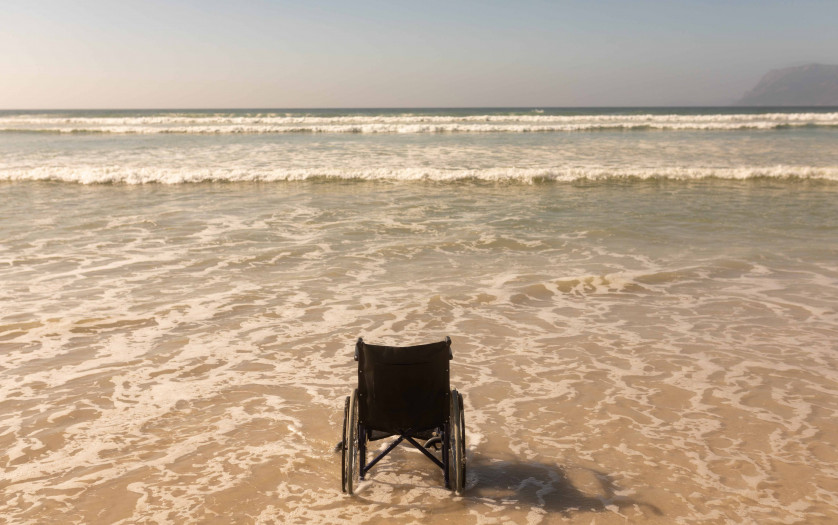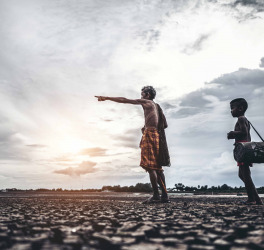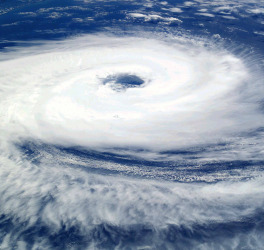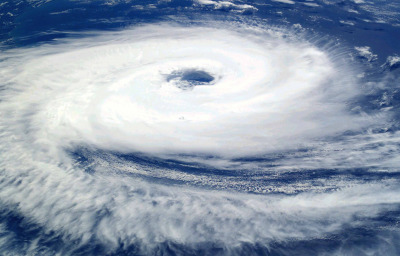
The United Nations Human Rights Council made history on Friday when it adopted a resolution on climate change and the rights of people with disabilities. The resolution calls on governments to adopt a disability-inclusive approach when taking action to address climate change.
The impacts of climate change disproportionately affect people with disabilities. They are frequently in situations of social, economic, and political disadvantage and may not have access to adequate resources, information, and services necessary to adapt to the effects of climate change. For example, people with disabilities may feel the health impacts of climate change more severely, as some are more susceptible to invasive disease due to pre-existing health conditions. Additionally, many are at particular risk of neglect, abandonment, and even death during instances of migration or natural disasters, which are increasing in frequency and ferocity, due to physical, communication, and other barriers, as well as disrupted support networks.
This is the first time the Council has addressed the rights of people with disabilities as they relate to climate change. While women, indigenous peoples, and youth have successfully become part of discussions around climate action, persons with disabilities have largely been absent.








